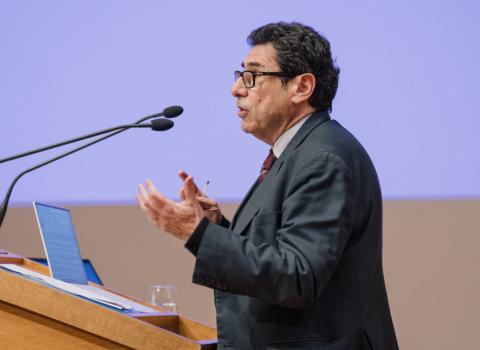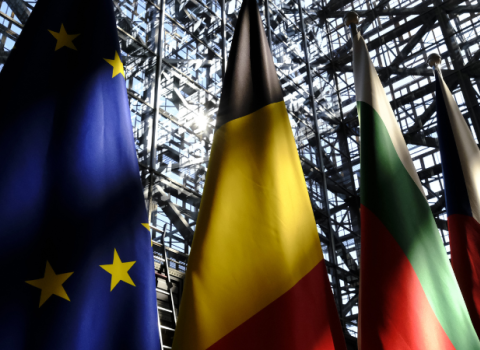Europe will finally get its own independent satellite navigation system in 2014, after MEPs voted through €7 billion to fund the system from 2014 – 2020. This includes funding for the planned start-up Galileo, the EU’s first autonomous system which will start providing services at the end of next year.
Galileo will then be running alongside the European Satellite Based Augmentation System (EGNOS), providing a civilian-run alternative to Global Positioning System (GPS), the US military technology. EGNOS, which has been fully operational since 2011, works to increase the accuracy and reliability of GPS. Both Galileo and EGNOS were developed in collaboration with the European Space Agency (ESA),
“The overall economic impact of Galileo and EGNOS is estimated to be around € 90 billion over the next 20 years,” said European Commission Vice President Antonio Tajani. In addition to better navigation services, €110 million from the budget will be earmarked for the development of new applications, increasing safety and efficiency in the aviation, maritime, road and agriculture sectors.
"Today, global navigation satellite system technology accounts for seven per cent of EU GDP, but its potential is far greater,” said Marian Jean Marinescu, Parliament’s rapporteur for the report.
Galileo and EGNOS will be entirely independent of other navigation systems and yet interoperable with them.
Galileo offers three ‘open service’ signals, each providing more information in larger bands than the current GPS civil signal. These improvements will increase accuracy and provide better signal tracking for users, resulting in better navigation.
The open signals also open the door for further innovation in navigation receivers and applications, from cell-phones to high-accuracy navigation receivers.
Combined use of GPS and Galileo will improve the availability of signals in high-rise cities and mountain regions, when compared to GPS alone.
A commercial service will allow European companies to develop applications that are accurate to within centimetres.





 A unique international forum for public research organisations and companies to connect their external engagement with strategic interests around their R&D system.
A unique international forum for public research organisations and companies to connect their external engagement with strategic interests around their R&D system.